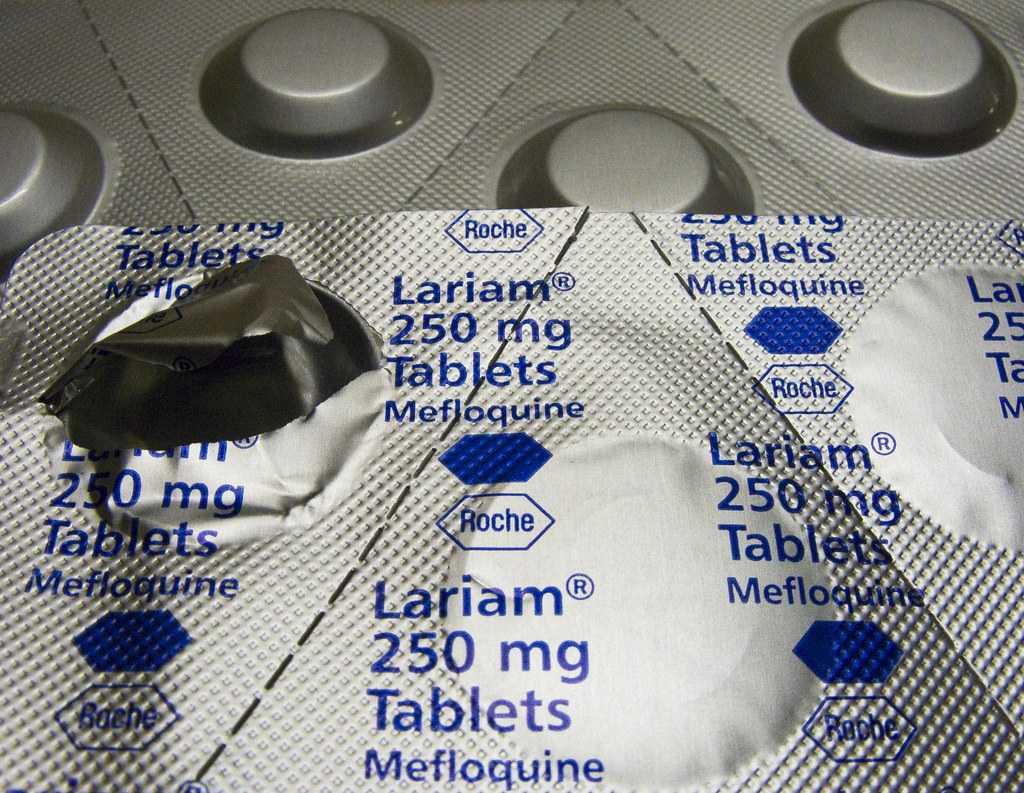
Many OEF/OIF Veterans were treated with the antimalarial medication Mefloquine while deployed in Somalia, Afghanistan, and Iraq. However, the drug has come under fire for potential health consequences and now carries a black box warning — the highest safety-related warning issued by the U.S. Food and Drug Administration (FDA) — for the risk of permanent neurological symptoms and psychiatric side effects. Unfortunately, many veterans struggle to get VA disability benefits for conditions they believe are related to the drug.
While these claims are handled on a case-by-case basis, some Veterans have been successful in their fight for VA disability compensation related to mefloquine side effects. If you believe Mefloquine caused a side effect that you are still dealing with today, you should talk to your doctor about whether your condition could be related to mefloquine exposure during your military service. You may be entitled to make a claim for VA disability for Mefloquine.
Very few Americans were even aware of combat operations in Somalia until the 2001 movie “Black Hawk Down.” In December 1992, President Bush ordered 28,000 troops to Somalia. This action was named “Operation Restore Hope.” Rival warlords were preventing UN distribution of humanitarian aid and thousands were at risk of starvation. For 15 months American troops were involved with this mission. The Somali civilian war eventually led to America’s bloodiest battle since Vietnam.
Due to the very real threat of malaria — a serious and sometimes fatal disease spread by a type of mosquito — the troops were given varying doses of medications, including Mefloquine. This was the first large-scale use of Mefloquine by the United States Military. Sadly, a significant percentage of American military personnel suffered life-changing Mefloquine side effects.
Mefloquine toxicity has been associated with a variety of different illnesses. Among the side effects most reported by military personnel are chronic psychiatric and neurological symptoms. Studies have shown that mefloquine toxicity mimics symptoms normally seen in Veterans with Post-traumatic Stress Disorder (PTSD). Of course, this can complicate claims for service connection.
This medication was also used during wars in Afghanistan and Iraq. The Pentagon did not change its position on Mefloquine until 2009 after researchers began raising concerns about its safety, often referring to symptoms attributed to mefloquine use as “mefloquine poisoning” or an “acquired brain injury.” The FDA added a black box warning to the Mefloquine label on July 29, 2013, warning consumers of the potential for neurological and psychiatric side effects. If you were given Mefloquine for malaria while in the service and you are experiencing neurological and/or psychiatric symptoms, please consult with your doctor and file a claim for service connection.
Like other antimalarial drugs, mild side effects associated with Mefloquine use include:
Additional mild side effects of Mefloquine include:
More severe symptoms caused by Mefloquine toxicity include:
The serious neurologic psychiatric symptoms associated with Mefloquine may occur at any time during drug use and may last for months to years after the medication is stopped.
If you are thinking about suicide, seek care immediately. Contact the Veterans Crisis Line at 1-800-273-8255 (press 1).
Many Veterans have difficulty claiming disability from their use of Mefloquine. One reason is that the VA does not currently offer presumptive service connection for conditions claimed to be associated with the use of Mefloquine. When making a claim for VA disability benefits, Veterans should not claim Mefloquine toxicity as the source of their disability. Instead, they should claim the medical or psychological condition associated with Mefloquine use. Dealing with VA disability claims involving Mefloquine can involve a lot of regulatory red tape. An experienced Veterans lawyer can help you secure the VA disability compensation you deserve.
Berry Law is America’s Veterans Law Firm, and your fire support team to battle the VA. We won’t stop advocating for Veterans until every Veteran receives all the disability benefits they earned. If you applied for disability benefits and were given an unfavorable disability rating or your claim was denied outright, Berry Law can help you appeal.
Berry Law features attorneys from the Army, Navy, Air Force, and Marine Corps, and has been helping Veterans with their legal needs for over 50 years. Founded by a Vietnam Veteran in 1965, Berry Law is well-equipped to handle your VA disability appeal and help you get the results you deserve. Contact Berry Law today to schedule a free case evaluation and take the next steps in your fight for disability benefits.
Don’t go to battle alone. Call Berry Law today.
Our monthly newsletter features about important and up-to-date veterans' law news, keeping you informed about the changes that matter.